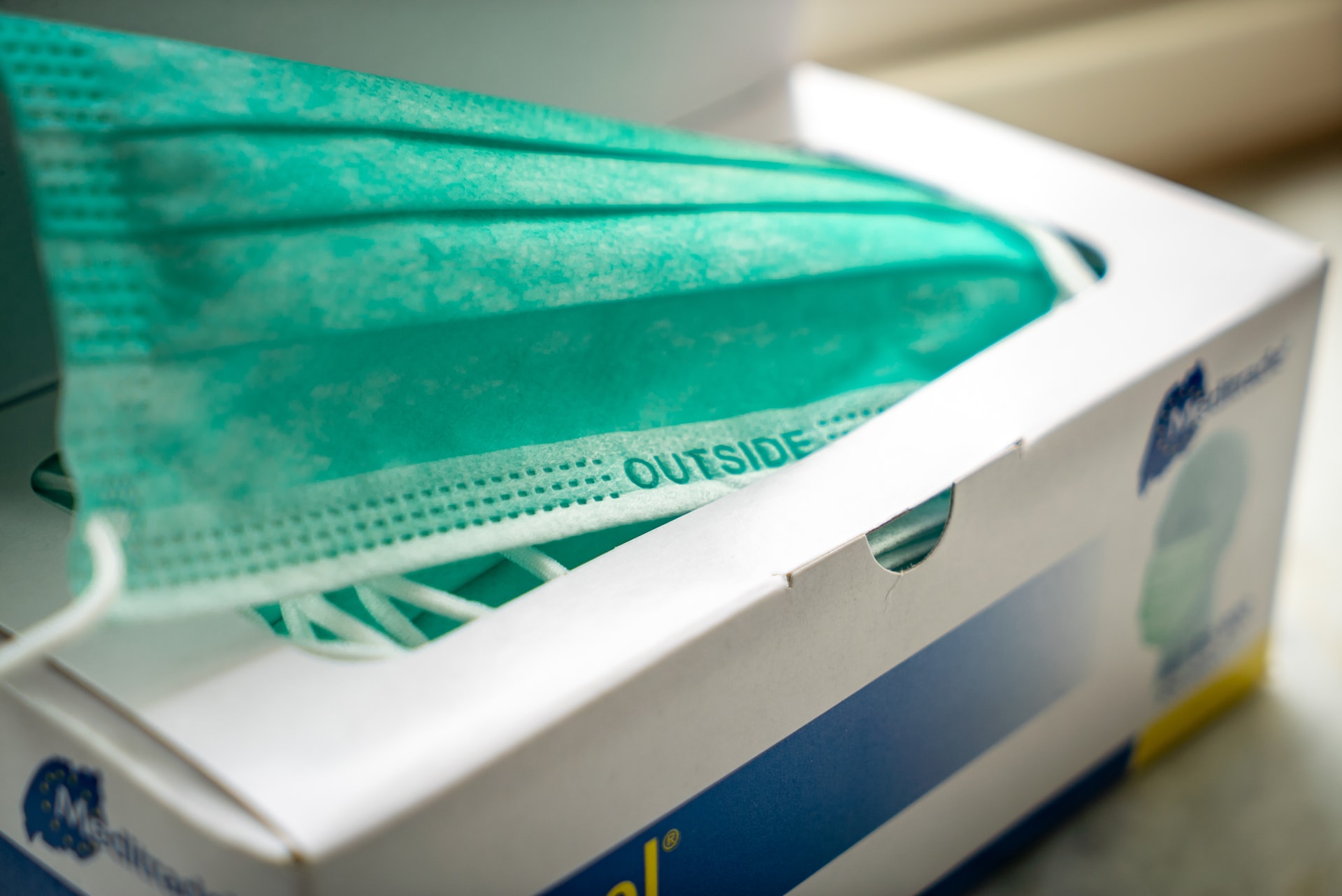As the COVID-19 in Roky Point pandemic continues to spread, we are finding more of us every day who are affected by it. Some of us are affected directly and are suffering through this vicious infection or working on the front lines and putting themselves at risk. Others are affected more indirectly, by massive work shifts, either more or less, working from home instead of an office, or facing total job loss. And so many of us have had to cancel, miss or reschedule trips, weddings, graduations, and more. Every way you look at it, this virus is affecting us all. If you are in or are planning to be in Rocky Point, Mexico, you may rightly be concerned with how the virus has impacted the area and what officials are doing to prevent further spread.
What Is This Virus?
Let us first discuss the facts and answer some common questions. What is coronavirus, and why do we need to be concerned for it? Coronavirus, which is also known as COVID-19, is a type of virus that causes diseases in a range of severities, from just the common cold to more serious respiratory diseases like pneumonia. While the illness started in China, the virus has spread and there have been confirmed cases in several countries, including the United States and Mexico.
COVID-19 is considered a novel virus because it is a new strain that has not been identified in humans before. Since this is a very new virus, health authorities are carefully watching the situation and learning more about how it spreads. This situation is developing quickly and the U.S. Centers for Disease Prevention and Control (CDC) provides the most up to date information as it becomes available.
Measures Being Taken Against COVID-19
Both the state of Sonora and Mexico’s Federal Government have declared health emergency measures. The General Health Council of Mexico has declared a national public health emergency due to the virus, which orders a suspension of all nonessential public, private, and social activity until April 30th. Mexican health officials emphasized that older people, pregnant women, people with diabetes or other existing health problems, which put them at greater risk, should stay at home.
Only essential services should remain open in the public, private and social sectors all across Mexico. These jobs are categorized into four basic areas:
• Emergency Health (hospitals and clinics)
• Public Safety (law enforcement, emergency responders)
• Government Social Programs
• Products and Services (water, electric, sanitation, food, fuel, banking, farming, security, funeral homes, and transportation)
Employees at these essential jobs should not have gatherings of more than 50 people, and hand washing and public health measures should be taken. Under this order, all non-essential businesses will be closed. These include:
• Bars and cantinas
• Casinos
• Recreational and athletic centers
• Night clubs
• Movie theaters
• Social centers or clubs
• Discos
Other businesses are remaining open but simply facing some operating restrictions. Restricted hours are provided for distributing agencies, “expendio” liquor stores, restaurants and restaurant/bars solely in their restaurant area, service stations, department stores, and grocery stores, who may be open from 8 am – 10 pm in areas with a population of over 5000.
All food establishments, including the sales of prepared or frozen food and street stands, may continue operating, but are under strict measures to prevent crowds or gatherings of people, with the focus on providing food for takeout or delivery.
In Sonora, the government is emphasizing that people #QuedateEnCasa (Stay at Home) and nationwide, authorities are implementing a “Su Sana Distanica,” or Keep Your Healthy Distance program to help slow the spread of the virus. A health alert issued by the U.S. Embassy in Mexico City further noted, “As of March 30, the Mexican Ministry of Health confirmed 1,094 cases of COVID-19 within its borders.” On March 31st, the total number of COVID-19 cases in Mexico was 1215 with 29 deaths. As of March 31st, there are 18 confirmed cases of COVID-19 in Sonora per the Sonora Secretary of Health, with no confirmed cases in Puerto Peñasco (Rocky Point) to date.
Also important to note is that the United States and Mexico entered a joint initiative March 21 restricting non-essential travel along the U.S.-Mexico land border to prevent the spread of the COVID-19 virus. Non-essential travel includes travel that is considered tourism or recreational in nature. Mexico has also implemented temperature-screening measures at some of its airports and land border ports of entry. Passengers with abnormal temperatures and those traveling to high-risk areas might be subject to additional health screening.
There are no mandatory quarantine policies currently in effect in Mexico for confirmed or suspected cases. The Mexican government encourages people experiencing the symptoms of COVID-19, fever, cough, headaches, throat pain, or constant sneezing, to stay at home for 14 days, consult with and comply with the instructions of their local healthcare provider. They are also encouraging people to practice good hygiene, such as frequent hand washing and social distancing, as well as voluntary home isolation by all those not involved in essential activities, and strict home isolation of persons over age 60 or with high risk medical conditions such as hypertension, diabetes, heart disease, lung disease, compromised immune system, pregnant, or postpartum.
Safety Comes First
We know this is a trying time for all of us, and we understand the disappointment many of our guests are facing at this time. It is our dearest hope that we can work together as a community to slow the spread of this pandemic and lessen the harmful impact to those who may be more susceptible to illness. We are here to help answer any questions you may have, and when we have weathered this storm, we sincerely look forward to hosting our dear guests once more! Click here to book our stunning vacation rentals.





